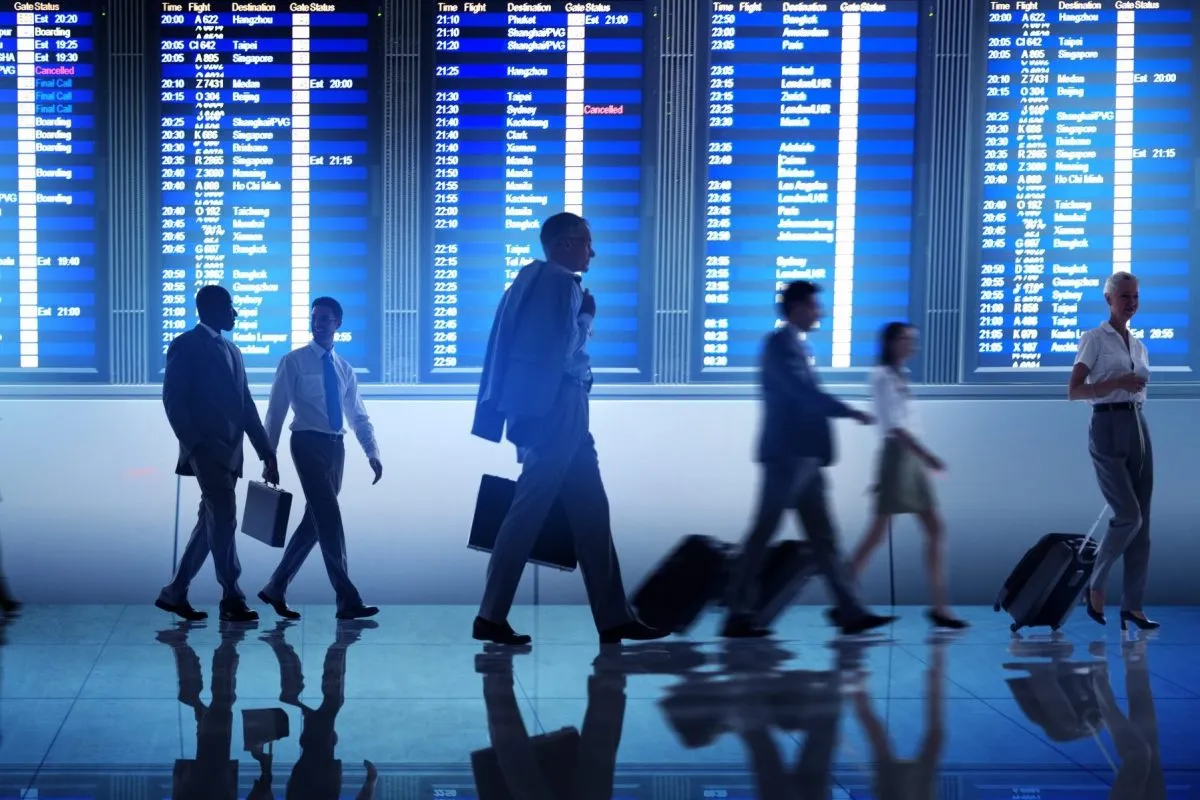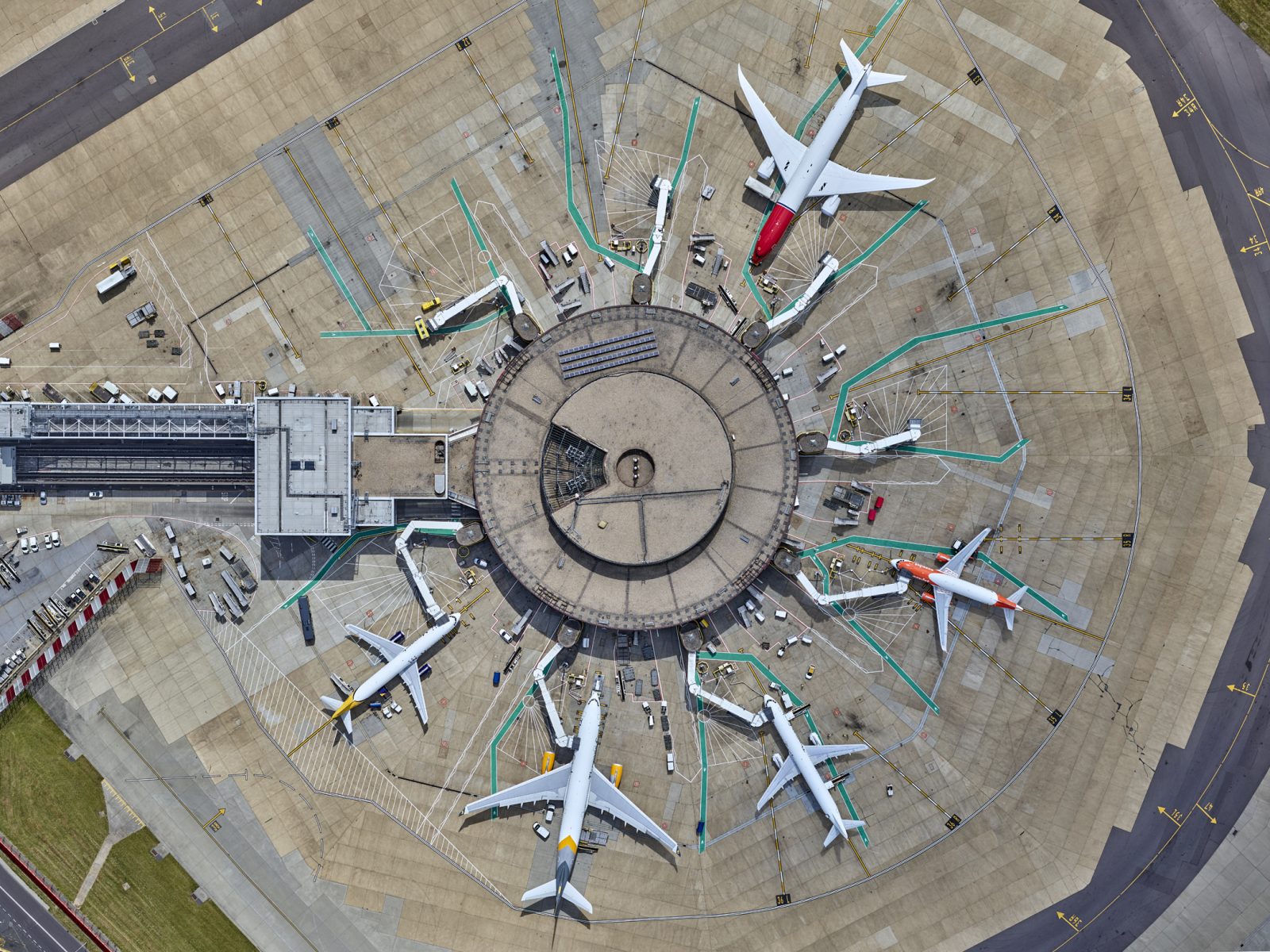Delta's $7 Billion Pilot Agreement
Skift Take

Skift Daily Briefing Podcast
Listen to the day’s top travel stories in under four minutes every weekday.Good morning from Skift. It’s Tuesday, December 6. Here’s what you need to know about the business of travel today.
Listen Now
🎧 Subscribe
Apple Podcasts | Spotify | Overcast | Google Podcasts
Episode Notes
Delta Air Lines recently reached a $7 billion agreement with its pilots, a deal that put an end to tense negotiations. But it’s also putting more pressure on airlines struggling with costs, reports Edward Russell, editor of Airline Weekly, a Skift brand.
The deal includes a 34 percent pay jump for Delta pilots over four years. In addition, Delta will raise pilot pay up to 1 percent more than those at rivals American Airlines and United Airlines if they surpass Delta’s. The Air Line Pilots Association, the union that represents Delta’s pilots, said there are no concessions in the agreement.
However, Russell writes that the pay increases, while expected, will only add to the cost pressures airlines are facing. Industry trade group Airlines for America projects the cost of flying a seat a mile will jump 19 percent this year compared to 2019. Meanwhile, one analyst said the new agreement will create at least $900 million in additional labor expenses for Delta next year.
Next, travel prices in Europe are dropping after months of rising airfares and hotel rates. But with travel costs expected to be volatile for several years due to a market correction, travel buyers are being urged to negotiate discounts quickly, reports Corporate Travel Editor Matthew Parsons.
New data from Spanish corporate travel agency TravelPerk, covering the fourth quarter so far, reveals that travel costs have decreased for the first time in 2022. The price of accommodation across Europe has dropped on average 7 percent from the third quarter while airfares on the continent have decreased 11 percent.
Steve Reynolds, CEO and founder of auditing and re-booking platform Tripbam, acknowledged seeing similar trends. He noted that rates and fares drop at the end of the year as business travel declines. So Reynolds said now is the best time for corporate travel managers to negotiate discounts, stating it’s easier to get static rates when prices are dropping. He predicted that travel prices will start rising in January.
Finally, online travel rivals Expedia Group and Booking Holdings have each made significant recoveries from the pandemic. But big changes are afoot at both companies, writes Research Analyst Seth Borko in Skift Research’s latest report.
The report takes a look at how Expedia and Booking are responding to shifts in the online travel business model, including initiatives they’re investing in for next year and beyond. Borko notes that Expedia is focused on launching loyalty and business-to-business partnerships while Booking is developing new technology, including apps.





